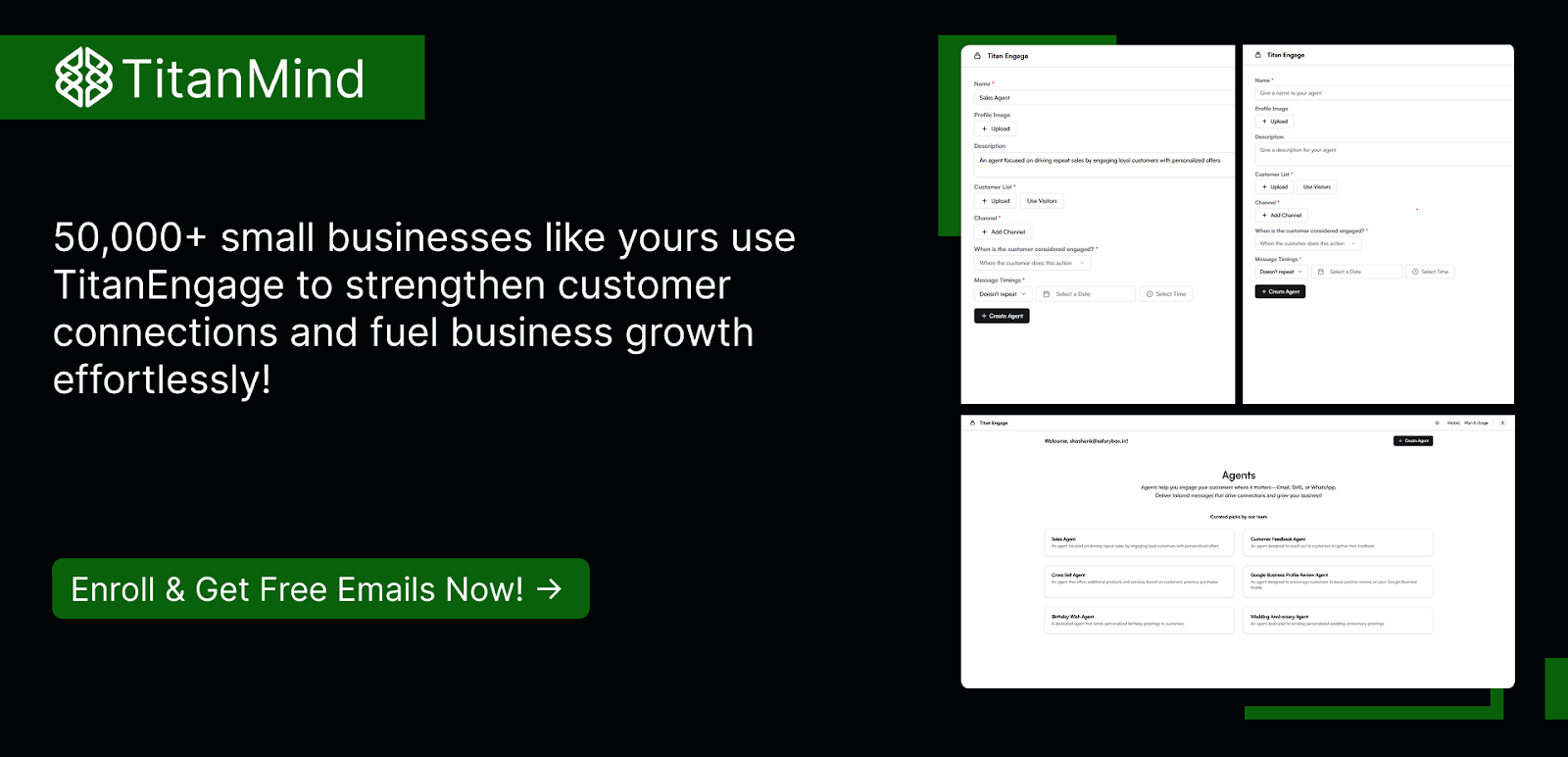Success of a company depends much on employee satisfaction and engagement. Engaged employees are more driven, diligent, and productive for their company. But conventional HR systems could require labor-intensive manual tasks that take focus away from strategic initiatives to enhance employee experiences.
Here is where tools for HR automation find application. Automation greatly increases employee engagement and happiness by simplifying administrative tasks, enhancing communication, and allowing data-driven decisions. This blog will look at how HR automation solutions are changing the workplace and producing a more employee-centric, efficient environment.
How HR Automation Improves Employee Engagement
1. Streamlined Onboarding Process
The first few weeks at a new job set the tone for an employee’s experience. Traditional onboarding processes can be slow and overwhelming, leading to disengagement. With automation, companies can create structured onboarding workflows, ensuring new hires receive all necessary documents, training materials, and introductions without unnecessary delays.
Automated onboarding portals allow employees to complete paperwork digitally, access training modules at their own pace, and receive timely reminders. This not only speeds up the process but also creates a seamless, welcoming experience.
2. Real-time Feedback & Performance Management
Employees thrive in environments where they receive continuous feedback rather than just annual performance reviews. AI-driven HR platforms enable real-time performance tracking, automated goal setting, and instant feedback mechanisms.
Managers can use these tools to recognize employees' efforts, provide constructive feedback, and adjust performance goals as needed. This level of engagement fosters a growth mindset and keeps employees motivated.
3. Automated Training & Development
Career growth opportunities significantly impact employee engagement. HR automation tools offer personalized learning experiences, recommending training programs based on individual skills, roles, and career aspirations.
With AI-driven learning management systems (LMS), employees can access training on-demand, track their progress, and even receive certifications—all of which contribute to career development and job satisfaction.
Enhancing Employee Satisfaction through Automation

1. Self-Service Portals for Employees
Employees value autonomy when it comes to managing their HR-related tasks. Self-service HR portals allow them to update personal information, request time off, access payslips, and check benefits—all without relying on HR personnel.
This minimizes frustration and allows employees to concentrate more on their primary duties rather than getting stuck in administrative hurdles.
2. Automated Leave & Attendance Management
Traditional leave and attendance management systems often lead to errors, confusion, and inefficiencies. With automation, employees can easily apply for leave, check their balances, and receive instant approvals.
Similarly, AI-powered attendance tracking eliminates the need for manual punch-ins, ensuring accuracy and fairness in attendance records. This transparency enhances trust and satisfaction among employees.
3. Payroll & Benefits Automation
Nothing impacts employee satisfaction more than timely and accurate payroll processing. Automation ensures that salaries, bonuses, and tax deductions are calculated accurately, eliminating human errors.
HR automation tools also make benefits enrollment smoother, allowing employees to review different options, make informed decisions, and track their benefits usage—all from a single dashboard.
The Role of AI & Analytics in Understanding Employee Needs

1. Sentiment Analysis for Employee Morale
AI-driven sentiment analysis tools scan emails, surveys, and chat interactions to measure employee mood and engagement levels. These insights help HR teams identify areas where employees may be struggling and take proactive steps to improve morale.
2. Predictive Analytics for Retention Management
HR analytics tools analyze patterns in employee behavior, absenteeism, and feedback to predict which employees might be at risk of leaving. This allows HR teams to implement retention strategies such as personalized incentives or career growth opportunities before it's too late.
3. AI-driven Surveys for Actionable Feedback
Automated pulse surveys and AI-driven analytics help HR collect real-time employee feedback. Instead of waiting for annual surveys, companies can gather frequent insights and make continuous improvements to workplace policies and culture.
Challenges & Considerations in Implementing HR Automation
While HR automation offers significant benefits, implementing it successfully requires careful planning. Some key challenges include:
- Overcoming Resistance to Change: Employees and HR teams may initially resist automation due to unfamiliarity. Providing proper training and emphasizing benefits is crucial.
- Ensuring Data Privacy & Security: With automation comes the responsibility of handling employee data securely. Organizations must invest in strong cybersecurity measures.
- Maintaining the Human Touch: While automation enhances efficiency, HR should remain human-centric by balancing technology with personalized interactions. Employees still need human support for complex issues like conflict resolution or career coaching.

Future of HR Automation & Employee Experience
The future of HR automation is promising, with AI and machine learning enhancing workforce planning, HR support, and employee engagement strategies.
- AI-powered Chatbots & Predictive HR Analytics – AI-driven chatbots will provide instant HR support, while predictive analytics will identify workforce trends and disengagement risks to proactively address employee needs.
- Personalized HR Strategies – Advanced AI will enable hyper-personalized engagement plans, offering customized learning paths, flexible work models, and tailored wellness programs.
- Blockchain & Cybersecurity – Secure, tamper-proof records for payroll, credentials, and background verification will enhance transparency and trust in HR processes.
- VR/AR Training & Collaboration – Virtual reality training modules and augmented reality collaboration tools will improve employee skills and teamwork.
- AI-driven Well-being Support – Automated tools will monitor employee well-being, suggesting wellness programs and mental health resources based on individual needs.
- The Total Experience (TX) Strategy – The integration of employee experience (EX), customer experience (CX), and user experience (UX) into a holistic strategy will create a seamless, engaging workplace environment.
Conclusion
HR automation tools are revolutionizing the way companies manage employee engagement and satisfaction. From streamlined onboarding and automated training to AI-driven insights and predictive analytics, these tools create a workplace where employees feel empowered, engaged, and valued.
Organizations have to make sure that automation improves the human experience rather than replaces it as they keep implementing these technologies. Businesses who do this can lower turnover, increase employee engagement, and push long-term success.
.png)
